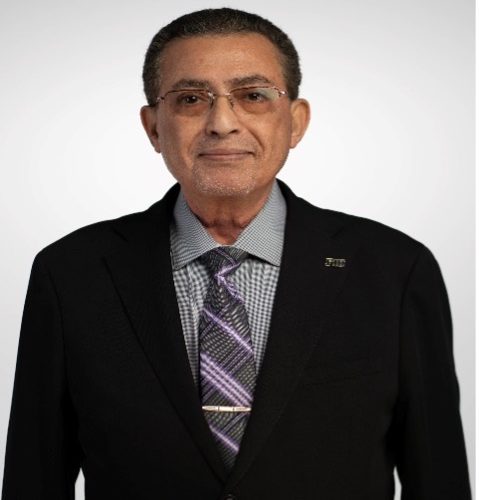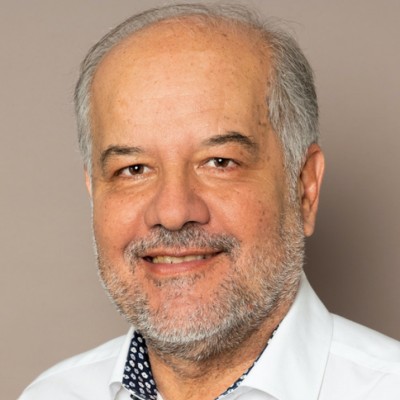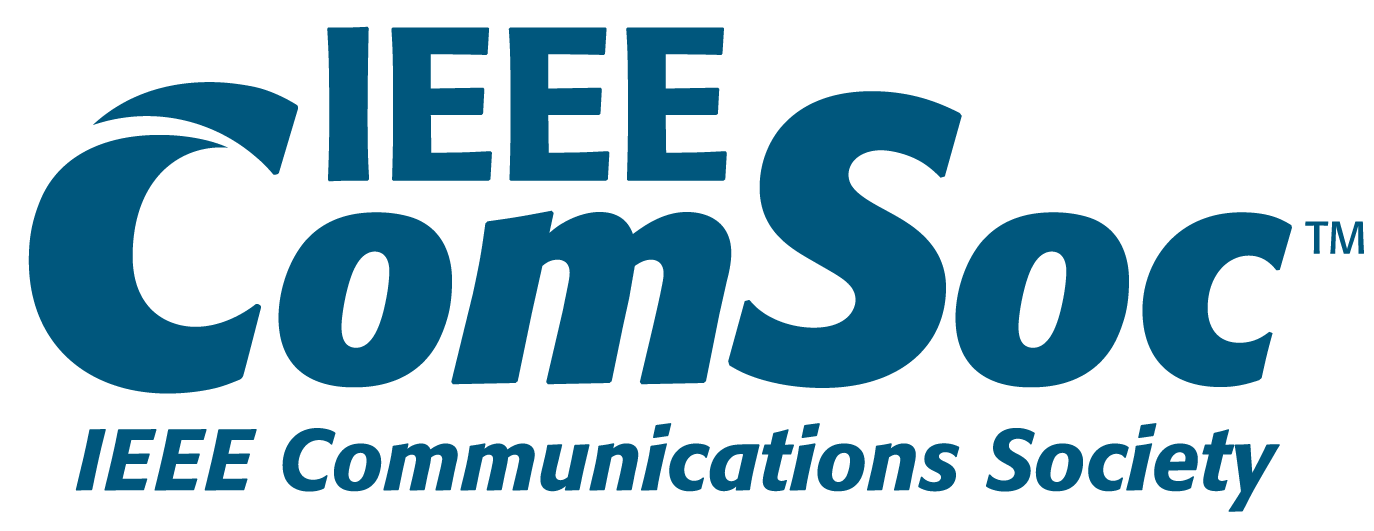MobisecServ 2024 Keynotes
Keynote #1
Title: Energy Cyber-Physical Systems and their Communication and Control Challenges for Operational Security in Industrial Systems
Abstract: The development of innovative cybersecurity technologies, tools, and methodologies that advance the energy system’s ability to survive cyber-attacks and incidents while sustaining critical functions is needed for the secure operation of utility and industrial systems. It is essential to verify and validate the ability of the developed solutions and methodologies so that they can be effectively used in practice. Developing solutions to mitigate cyber vulnerabilities throughout the energy delivery system is essential to protect hardware assets. It will also make systems less susceptible to cyber threats and provide reliable delivery of electricity if a cyber incident occurs.
This talk will describe how the developed solution can protect the power grid and industrial infrastructure from cyber-attacks and build cybersecurity protection into emerging power grid components and services. This includes microgrid and demand-side management components and protecting the network (substations and productivity lines) and data infrastructure (SCADA) to increase the resilience of the energy delivery systems against cyber-attacks. These developments will also help utility security systems manage large amounts of cybersecurity risk data and cybersecurity operations. For these developments to succeed, cybersecurity testbeds and testing methodologies are necessary to evaluate the effectiveness of any proposed security technologies.
The focus on developing cybersecurity capabilities in energy systems should span over multiple strategies: in the near term, midterm, and long term. Continuous security state monitoring across cyber-physical domains is the goal in the near term. The development of continually defending interoperable components that continue operating in degraded conditions is required in the midterm. Developing methodologies to mitigate cyber incidents to return to normal operations quickly is necessary for all system components in the long term. We will discuss R&D efforts in these areas centered on developing operational frameworks related to communication and interoperability, control, and protection.
The importance of interoperability between smart grid applications and multi-vendor devices must be considered. The current grid comprises multi-vendor devices and multi-lingual applications that add to the complexity of integrating and securing the smart grid components. Standards development entities have been working with utilities, vendors, and regulatory bodies to develop standards that address smart grid interoperability. These include IEEE, IEC, NIST, ANSI, NERC, and others. In this presentation, we will conceptualize a comprehensive cyber-physical platform that involves the communication and power network sides integrating the cyber information flow, physical information flow, and the interaction between them. A data-centric communication middleware provides a common-data bus to orchestrate the system’s components, leading to an expandable multi-lingual system. We will present a hardware protocol gateway that was developed as a protocol translator capable of mapping IEC 61850 generic object-oriented substation event (GOOSE) and sampled measured value (SMV) messages into the data-centric Data Distribution Service (DDS) global data bus. This is necessary for integrating the widely used IEC 61850-based devices into an exhaustive microgrid control and security framework.
We will also discuss a scalable cloud-based Multi-Agent System for controlling large-scale penetration of Electric Vehicles (EVs) and their infrastructure into the power grid. This is a system that can survive cyber-attacks while sustaining critical functions. This framework’s network will be assessed by applying contingencies and identifying the resulting signatures for detection in real-time operation. As a result, protective measures can be taken to address the dynamic threats in the foreseen grid-integrated EV parks where the developed system will have an automated response to a cyber-attack.
In distributed energy management systems, the protection system must be adaptive. Communication networks assist in reacting to dynamic changes in the microgrid configurations. This presentation will also describe a newly developed protection scheme with extensive communication provided by the IEC 61850 standard for power networks to monitor the microgrid during these dynamic changes. The robustness and availability of the communication infrastructure are required for the success of protection measures. This adaptive protection scheme for AC microgrids can survive communication failures through energy storage systems.

Osama Mohammed
(Distinguished Professor & Director Energy Systems Research Laboratory, College of Engineering and Computing, Florida International University, USA)
Bio: Professor Osama Mohammed is a distinguished Electrical and Computer Engineering Professor and the Energy Systems Research Laboratory Director with its Smart Grid Testbed Facility. He was Associate Dean for Research and Graduate Studies, 2016-2023.
Professor Mohammed is a Fellow of the National Academy of Inventors, a Fellow of IEEE, and a Fellow of the Applied Computational Electromagnetic Society. He received the Prestigious Cyril Veinotte Electromechanical Energy Conversion Award from the IEEE Power and Energy Society 2010. Professor Mohammed has published nearly 900 journals and refereed conference articles. He holds more than 20 patents in his research areas. He has also published a book and several book chapters.
His research interests include renewable energy utilization, power systems, smart grids, and wide-area network applications. He is also interested in Electric machines and Drives, Fault-tolerant designs, diagnostics, and intelligent systems applications. He is interested in transportation electrification, shipboard power systems, and Lunar Habitat energy infrastructure. He is also interested in power electronics for integrated motor drives and DC distribution systems for renewable energy. He also has an interest in computational electromagnetics. Dr. Mohammed has successfully obtained many research contracts and grants from industries and Federal government agencies and has current active research programs in several areas. He has been general chair and Technical Program Chair of more than 12 major IEEE international conferences, including IEEE/ISAP, IEEE/IEMDC, IEEE/CEFC, and COMPUMAG. He has been an editor of IEEE Transactions on Energy Conversion, IEEE Transactions on Smart Grid, IEEE Transactions on Magnetics, and IEEE Transactions on Industry Applications.
Keynote #2
Title: TBA
Abstract: TBA

Dominique Bolignano
(Président (CEO) & Founder at ProvenRun - Member Académie des Technologies, France )
Bio: TBA




